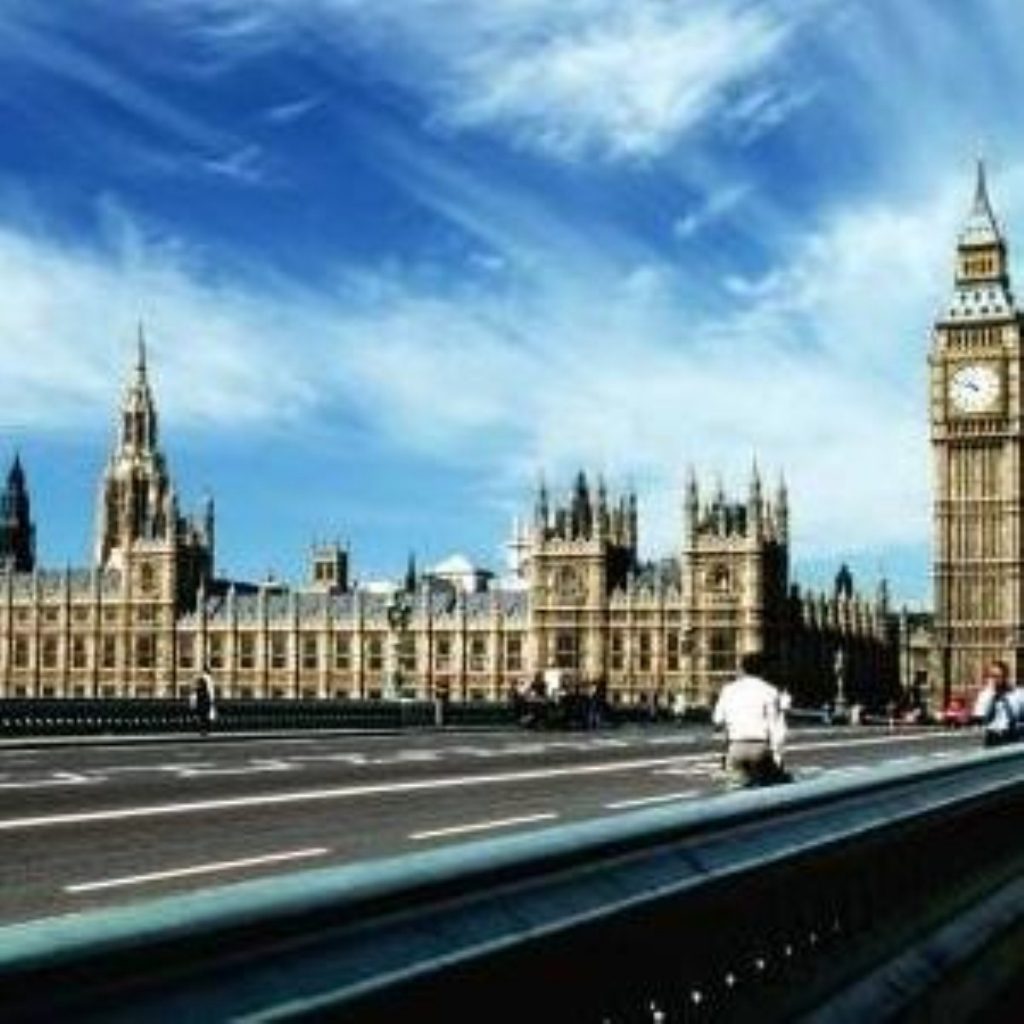Lords scrutinise royal prerogative
The government’s use of the royal prerogative to deploy the UK’s armed forces is to form the basis of an inquiry by peers.
This power allows ministers to deploy troops and order military action without the approval of parliament, and was used in both Afghanistan and Kosovo, although parliament did vote on action in Iraq.
Ministers are expected to keep parliament well-informed of its decisions and progress through statements to the house and debates, but the powers have increasingly become a source of contention.
Today the Lords constitution committee announced it would be examining whether the royal prerogative was still relevant, looking specifically at alternatives to this power and to what role parliament should play in the deployment of military forces.


“This has been one of the most important constitutional issues of the past few years, on which feelings run understandably high,” said committee chairman Lord Holme.
“It is important to conduct a thorough inquiry to identify how the requirements of democracy and national emergency can best be reconciled.”
Tony Blair was forced to defend the use of the prerogative when questioned by the Commons liaison committee in January 2003, two months before military action in Iraq.
Tony Wright, chairman of the public administration committee, suggested it was “constitutionally bizarre that the House of Commons can have endless votes on whether it wants to kill foxes, but has no right at all to have a vote on whether we kill people?”
In response, the prime minister said it was sometimes not possible for parliament to take a vote before military action was taken, but in all cases would MPs be consulted. He suggested it would be “unthinkable” for action to be taken if parliament were against it.
Speaking specifically about action in Iraq, he said: “I have got absolutely no doubt at all that in the event of us having military action there will be a vote in the House of Commons.
“What I am not promising is that you can necessarily do that in all sets of circumstances before the action is taken.”
The Lords investigation will consider whether retrospective approval of deployment of troops by parliament is enough, and whether different military situations – carried out under international treaties or authorised by the UN, for example – require different approaches.
And it will look at whether the government should be required to explain the legal justification behind a decision to take military action, including providing the evidence upon which the legal justification is based.












